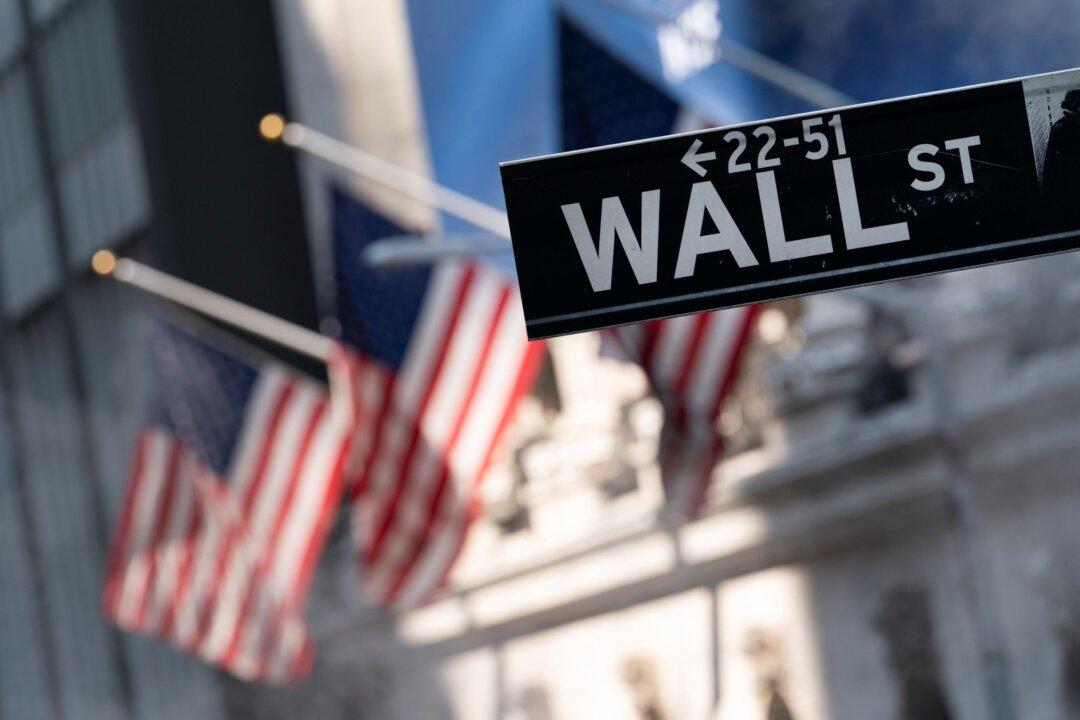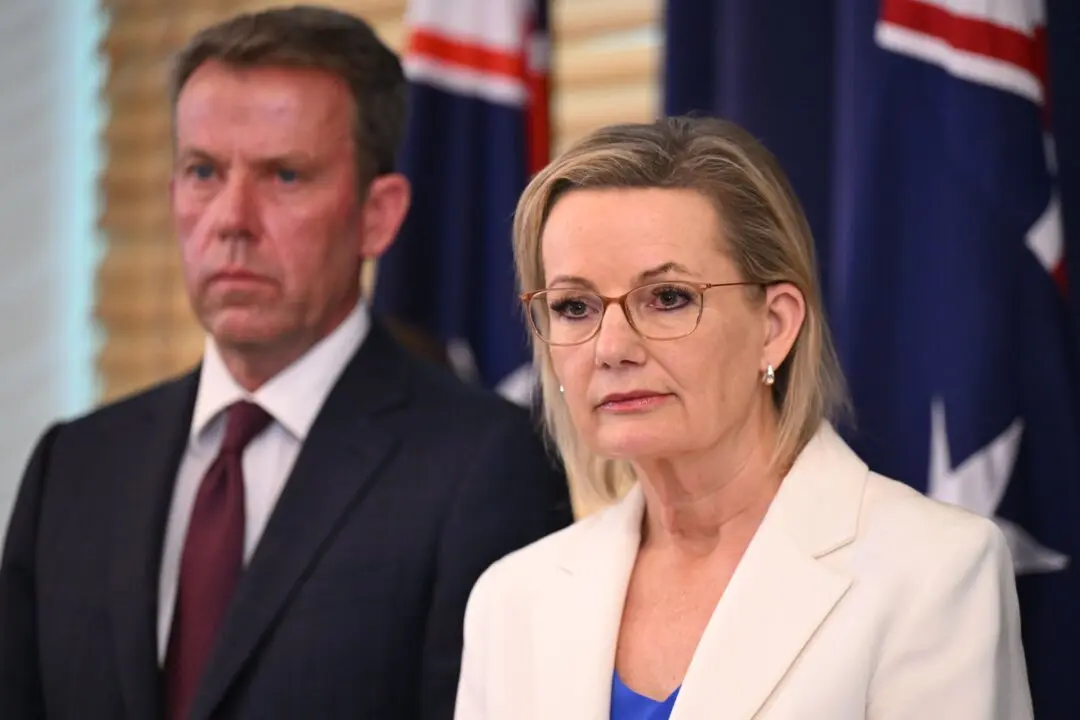The world’s fourth-largest asset manager, State Street, is putting listed companies on notice to take clearer action on climate change and ensure more women are promoted to board positions.
State Street Global Advisors (SSGA) controls around US$4 trillion in shares across significant companies in the United States, Australia, Canada, Europe, and the United Kingdom, and along with BlackRock and Vanguard, hold around 88 percent of the S&P500.





